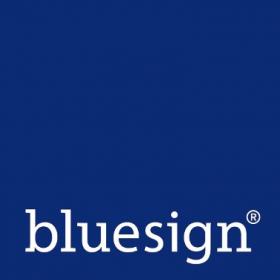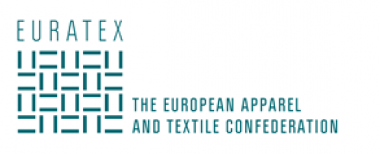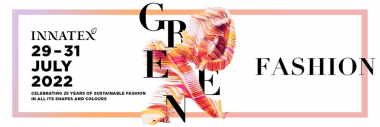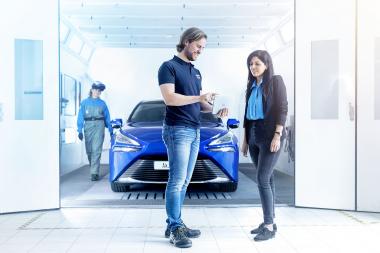‘MADE IN BANGLADESH WEEK’: 12th -18th November 2022, Dhaka
- Made in Bangladesh Week is organized by the Bangladesh Garment Manufacturers and Exporters Association (BGMEA) in partnership with Bangladesh Apparel Exchange (BAE)
- A week-long event in November will showcase sustainability strides being made by Bangladesh garment makers
- The event will host 17 physical events like - conferences, expositions, photo exhibitions, fashion runway shows, sustainable design and innovation awards, factory tours –and many more.
The Honourable Prime Minister of Bangladesh, Sheikh Hasina, will inaugurate the first ever Made in Bangladesh Week in November. The event represents a major branding exercise for Bangladesh’s burgeoning garment manufacturing industry as it looks to position itself as the first-choice apparel sourcing hub for global fashion retailers.
It is the first branding event of the Bangladesh Apparel Industry dedicated solely to celebrating and showcasing the newest innovations, compliance, and sustainable developments of the RMG sector in the global market.
The event aims to promote the apparel industry of Bangladesh locally and globally by showcasing the compelling stories of the ready-made garments sector, especially its impressive strides in the areas of workplace safety, environmental sustainability and workers’ wellbeing.
The event is expected to draw a gathering of more than a thousand people from home and abroad, including key stakeholders in the local and global fashion industry.
Bangladesh’s garment manufacturing industry has undergone a renaissance in recent times. Significant strides have been made in technological innovation, eco-friendly production, worker welfare and factory safety.
In addition to panels, seminars, awards, fashion shows and exhibitions, the week will also provide an opportunity for factory tours to give journalists and other stakeholders a chance to see for themselves innovative garment production in Bangladesh.
Made in Bangladesh Week will be organised by the Bangladesh Garment Manufacturers and Exporters Association (BGMEA) in partnership with Bangladesh Apparel Exchange (BAE).
Bangladesh
Bangladesh Apparel Exchange (BAE)






























